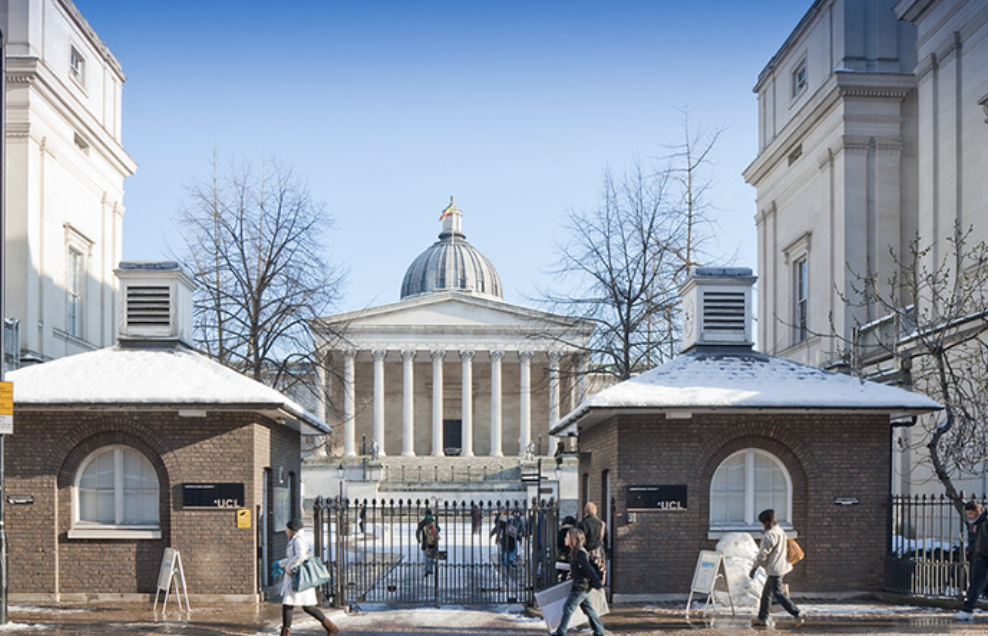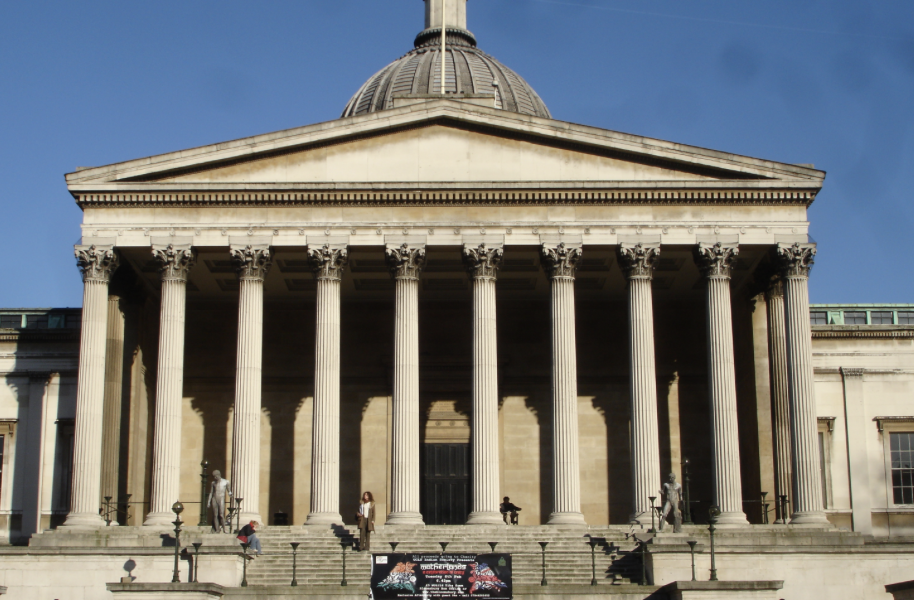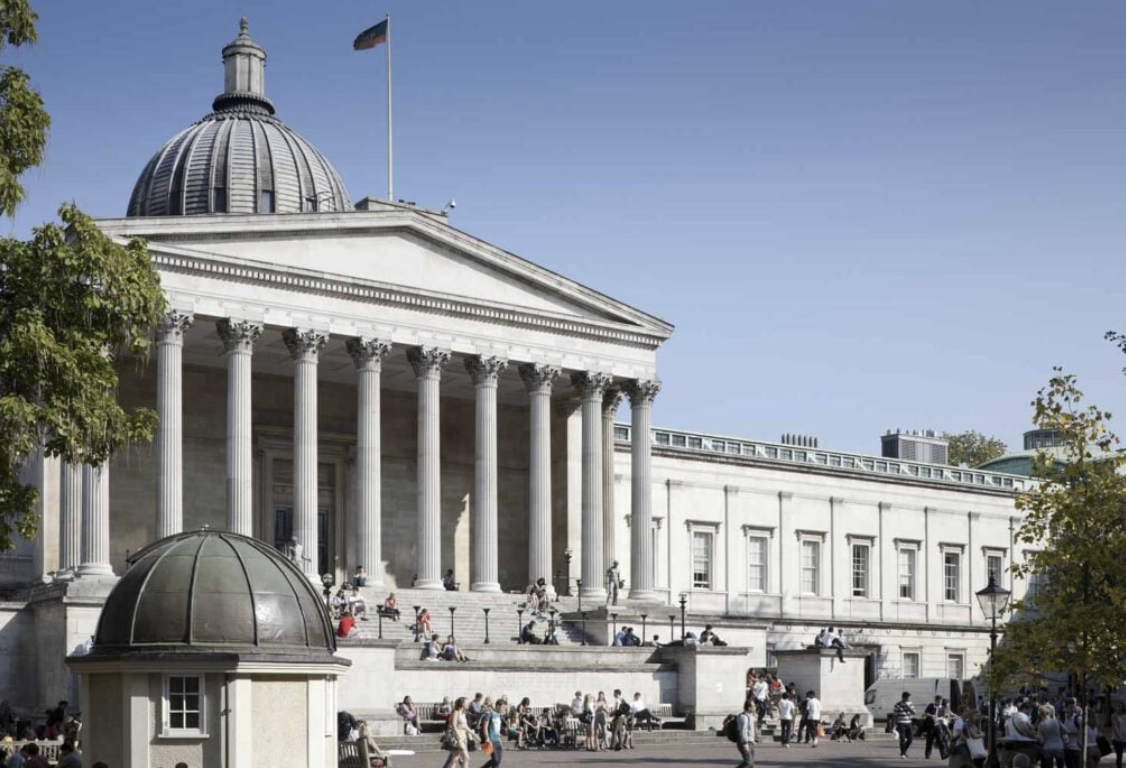As prospective students turn their attention to UCL, understanding the acceptance rates for 2025 is crucial. The general acceptance rate has seen fluctuations, dropping to 29.6% in 2022/23 from a higher 36.2% the previous year. It's also important to note that different faculties have varying chances for admission; for instance, Law stands out with a mere 8.1%. Those aiming for competitive courses should be particularly aware of their challenges—Fine Art and Psychology are amongst the hardest, with acceptance rates of just 6.2% and 10.6%, respectively. Crafting a compelling personal statement can significantly enhance an applicant's prospects of success at this prestigious institution.

UCL is known for its competitive acceptance rates, reflecting the university's strong reputation and the high calibre of applicants. For the 2022/23 academic year, UCL received approximately 76,100 applications, resulting in an acceptance rate of 29.6%. This marked a significant drop from 36.2% in 2021/22, indicating that the university is becoming increasingly selective. The trend over the past few years shows a gradual decline in acceptance rates, with 2020/21 witnessing an acceptance rate of 51.3%, which was substantially higher than subsequent years.
Different faculties at UCL have varying acceptance rates, influenced by the popularity and demand for specific courses. For instance, the Faculty of Arts and Humanities had a relatively higher acceptance rate of 39.7%, while the Faculty of Law was notably more competitive, with an acceptance rate of just 8.1%. This disparity highlights the importance for applicants to thoroughly research their desired programmes and understand the level of competition they will face.
Understanding these statistics is crucial for prospective students, as they reflect not only the number of applicants but also the university's ongoing commitment to maintaining academic excellence. As the landscape of higher education continues to evolve, being informed about acceptance rates can help students make strategic decisions in their application process.

UCL's acceptance rates vary significantly across its eleven faculties, reflecting the differing levels of competition and demand for various fields of study. For instance, the Faculty of Arts and Humanities has an acceptance rate of 39.7%, with 3,119 offers made from 7,860 applications, indicating a relatively accessible pathway for those interested in creative disciplines. In stark contrast, the Law faculty presents a more challenging landscape, with only an 8.1% acceptance rate, making it one of the toughest faculties to gain entry into, with just 407 offers out of 5,034 applications. Similarly, the Built Environment faculty shows a low acceptance rate of 15.6%, underscoring the intense competition for places in this area.
On the other hand, the Population Health Sciences faculty stands out with a notably higher acceptance rate of 50.5%, suggesting that this field may offer more opportunities for prospective students. The Brain Sciences faculty, however, poses a significant challenge, with a mere 17.8% acceptance rate, indicating the high calibre of applicants vying for limited spots. Overall, understanding these variations in acceptance rates can help applicants tailor their choices and strategies, aligning their aspirations with realistic possibilities based on their chosen field.
|
Faculty |
Applications |
Offers |
Acceptance Rate |
Places |
|---|---|---|---|---|
|
Arts and Humanities |
7,860 |
3,119 |
39.7% |
1,025 |
|
Brain Sciences |
3,499 |
624 |
17.8% |
254 |
|
Built Environment |
4,215 |
657 |
15.6% |
325 |
|
Engineering Science |
17,680 |
3,623 |
20.5% |
1,269 |
|
Education |
4,005 |
1,011 |
25.2% |
430 |
|
Law |
5,034 |
407 |
8.1% |
195 |
|
Life Sciences |
8,202 |
2,000 |
24.4% |
665 |
|
Maths and Physical Sciences |
12,079 |
3,679 |
30.5% |
1,129 |
|
Medical Sciences |
5,182 |
1,319 |
25.5% |
599 |
|
Population Health Sciences |
202 |
102 |
50.5% |
30 |
|
Social and Historical Sciences |
11,124 |
3,135 |
28.2% |
1,080 |

The degrees that present the toughest challenge for applicants at UCL are indicative of the fierce competition and high standards maintained by the university. For instance, the Fine Art course boasts an acceptance rate of just 6.2%, reflecting the intense scrutiny of artistic talent and vision. Law follows closely behind with an 8% acceptance rate, suggesting that UCL is looking for not only academic excellence but also a strong commitment to the legal field.
Psychology, with a 10.6% acceptance rate, highlights the growing interest in this area and the need for strong analytical skills. Computer Science and Architecture also show low acceptance rates at 11.1% and 11.6% respectively, indicating that these fields require a solid foundation in both theory and practical application. Degrees such as Medicine, with a 14% acceptance rate, and Pharmacology at 16.3% further illustrate the rigorous selection process, as these courses demand not only academic prowess but also a genuine passion for the subject matter. Consequently, prospective students aiming for these highly sought-after degrees should ensure their applications showcase their unique strengths and commitment to their chosen field.

UCL enjoys a prominent position in global university rankings, which can significantly influence prospective students' decisions. As of now, it stands at 22nd in the Times Higher Education rankings, showcasing its strong academic reputation and commitment to research excellence. Additionally, the Complete University Guide places UCL in 9th place, reflecting its performance across various metrics including student satisfaction and graduate prospects.
These rankings not only highlight the university's prestige but also serve as a benchmark for the quality of education students can expect. For example, a higher ranking often correlates with better resources, experienced faculty, and networking opportunities, all of which can enhance a student's university experience. Therefore, understanding UCL's standing in these rankings is crucial for applicants who aim to secure a spot in one of the UK's leading institutions.

To craft a compelling personal statement, start by being authentic. Share a personal story that reveals your genuine interest in your chosen field. For instance, if you’re applying for a degree in Fine Art, you might discuss a transformative experience at an art exhibition that shaped your perspective.
Next, conduct in-depth research about your course. Instead of vague statements, provide specific insights. If you're interested in Psychology, mention particular theories or studies that fascinate you. This demonstrates your commitment and understanding of the subject.
Moreover, develop a long-term vision. Articulate how your chosen course aligns with your future aspirations. For example, if you aim to work in clinical psychology, explain how the skills and knowledge gained from the course will help you achieve this.
Finally, highlight specific aspects of the course that intrigue you. Rather than generic comments, discuss modules or projects that excite you. This personal touch can set your statement apart and show that you’re not just applying to UCL but are genuinely enthusiastic about what they offer.
Start with a compelling opening that captures the reader's attention.
Clearly outline your academic achievements and relevant experiences.
Demonstrate your passion for the subject you wish to study.
Tailor your statement to the specific programme at UCL.
Highlight any extracurricular activities that enhance your application.
Discuss your future aspirations and how UCL fits into those plans.
Proofread for grammar and clarity to ensure a polished final product.
The Degree Gap offers essential tutoring services aimed at bridging the knowledge gap for students aiming for UCL and other prestigious institutions. Their approach focuses on GCSE and A-level support, which is crucial for students looking to enhance their academic profiles. With a flexible "pay as you go" system, learners can take calls in a flexible manner. This adaptability not only helps in addressing specific academic challenges but also fosters a deeper understanding of the subjects. For example, if a student struggles with mathematics, they can receive targeted assistance that concentrates on their weak areas, ensuring they gain confidence and competence in their abilities. The Degree Gap’s commitment to quality tutoring can significantly bolster a student’s chances of acceptance into competitive courses at UCL.
The UCL tutoring acceptance rate shows the percentage of students who are accepted into tutoring programmes at University College London. It's important to know this as it helps prospective students understand their chances of getting support.
The acceptance rate is generally calculated by dividing the number of students who are accepted into tutoring by the total number of applications received. This gives a clear picture of how selective the programme is.
Knowing the acceptance rate can help you gauge the competitiveness of the tutoring programme. A lower rate might suggest it's harder to get in, which can guide you to strengthen your application.
Several factors can affect your acceptance chances, including your academic performance, personal statement, recommendations, and sometimes interview performance, as they want to see a well-rounded applicant.
While it's hard to predict exactly, various factors such as changes in demand, government policies, and the number of applications can influence the acceptance rate. It's wise to stay informed about trends leading up to 2025.
TL;DR The UCL acceptance rate for 2022/23 was 29.6%, showing a decline from previous years. Each faculty has distinct acceptance rates, with Law having the lowest at 8.1% and Population Health Sciences the highest at 50.5%. Notable challenging degrees include Fine Art (6.2%) and Law (8%). UCL is globally ranked 22nd by Times Higher Education. To strengthen your application, focus on authenticity in your personal statement, conduct thorough research, and articulate your long-term goals. The Degree Gap offers tutoring support to help students prepare for UCL and other top universities.